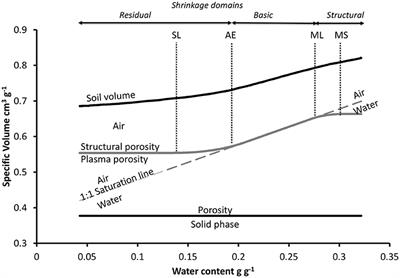EDITORIAL
Published on 10 Mar 2020
Editorial: Soil Evolution and Sustainability
doi 10.3389/fenvs.2020.00023
- 2,169 views
8,983
Total downloads
87k
Total views and downloads
EDITORIAL
Published on 10 Mar 2020
ORIGINAL RESEARCH
Published on 28 Feb 2019

ORIGINAL RESEARCH
Published on 13 Nov 2018

ORIGINAL RESEARCH
Published on 30 Oct 2018

ORIGINAL RESEARCH
Published on 12 Oct 2018

ORIGINAL RESEARCH
Published on 28 Sep 2018
